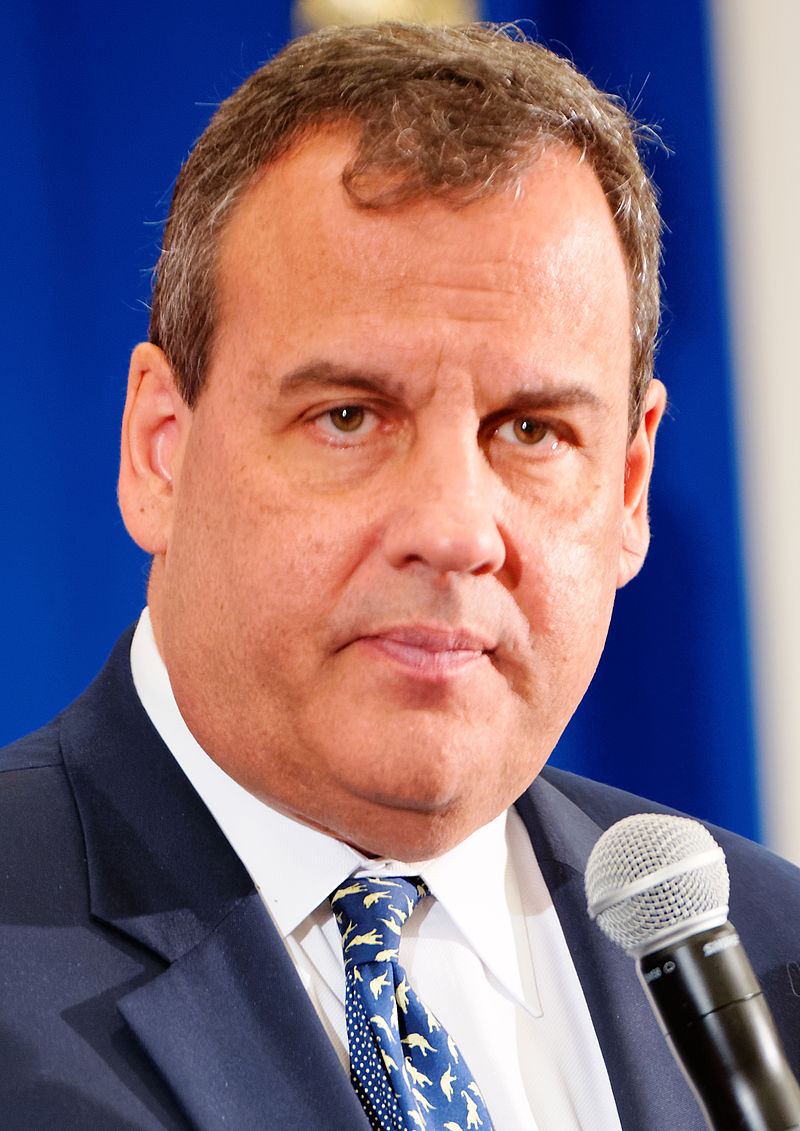Will Christie or Bondi Be Next Attorney General?
/By Pat Anson, PNN Editor
PNN readers cheered last week when Attorney General Jeff Sessions was fired by President Donald Trump. Sessions angered many in the pain community when he called for further cuts in opioid production and said pain patients should “tough it out” by taking aspirin.
“The good news is Jeff Sessions (was) forced to resign,” wrote Carole Attisano. “Finally getting a small bit of Karma you so well deserved,”
“Now let’s hope that we get somebody with some type of human conscience for those who suffer with pain,” wrote another PNN reader.
As the saying goes… be careful what you wish for.
According to CBS News, two of the early front runners to be nominated as the next Attorney General are former New Jersey Gov. Chris Christie and Florida Attorney General Pam Bondi. Like Sessions, both have been longtime critics of opioid prescribing and served last year on President Trump’s opioid commission.
CHRIS CHRISTIE
Christie certainly has experience in law enforcement. He was a federal prosecutor and U.S. Attorney in New Jersey from 2002 to 2008.
As governor, Christie signed legislation that made New Jersey one of the first states to limit the supply of opioids for short-term, acute pain. He also bitterly opposed efforts to expand the use of medical marijuana, calling cannabis activists “crazy liberals” willing to “poison our kids” for marijuana tax revenue.
The final report from the president’s opioid commission, which Christie chaired, took a law-and-order approach to the opioid crisis, calling for “involuntary changes” in opioid prescribing.
“This crisis can be fought with effective medical education, voluntary or involuntary changes in prescribing practices, and a strong regulatory and enforcement environment,” the commission said.
In its five public hearings, the commission heard testimony from addiction treatment activists and several people who lost loved ones to opioid overdoses. But the panel never asked for or received testimony from pain sufferers, patient advocates or pain management physicians.
Pam Bondi did not have a prominent role on the opioid commission and only joined the panel in its final weeks. Her second and last term as Florida’s Attorney General ends in January. “She has not yet made a decision as to what she will do next,” a spokesman told CNN.
Bondi has a good relationship with President Trump and was once rumored to be the next head of the White House Office of National Drug Control Policy — also known as the nation’s “drug czar.”
Bondi played a prominent in shutting down Florida’s pill mills, but critics say she has been slow to acknowledge that the opioid crisis has shifted away from prescription painkillers to heroin and illicit fentanyl.
“The problem is Bondi isn't doing enough about the heroin epidemic,” the Miami Sun Sentinel said in a 2017 editorial. “Considering that Bondi was once touted as a potential Trump drug czar — and infamously failed to investigate Trump University after receiving a major donation from Trump — it's no surprise that she was named to the commission. But she's still living off her reputation from the pill mill crack down.”
PAM BONDI
Christie also has a good relationship with the President Trump, but has urged that there be no interference with special counsel Robert Mueller’s investigation – a potential stumbling block with the president. Like Sessions, Christie could also face calls to recuse himself from the investigation because he chaired Trump’s transition team.
According to CNN, other potential contenders for Attorney General are Solicitor General Noel Francisco, Rep. John Ratcliffe, (R) Texas, former Judge John Michael Luttig, Judge Edith Jones, former Judge Janice Rogers Brown, retiring Rep. Trey Gowdy, (R) South Carolina, and Sen. Lindsey Graham, (R) South Carolina.
Matthew Whitaker, the current acting Attorney General, can serve in that temporary position for 210 days under federal law.















